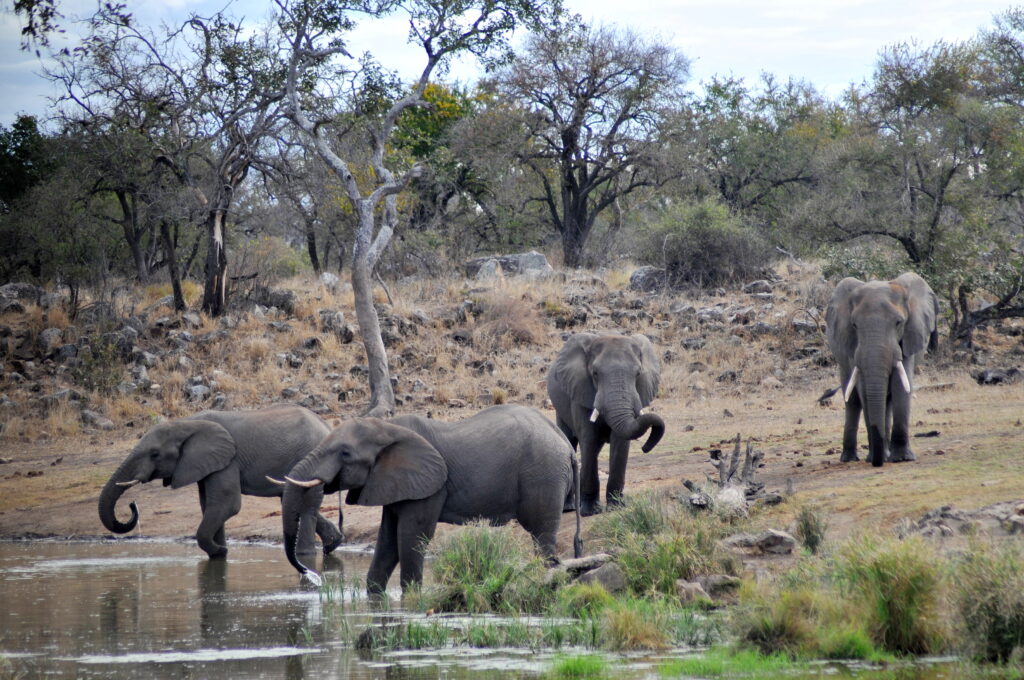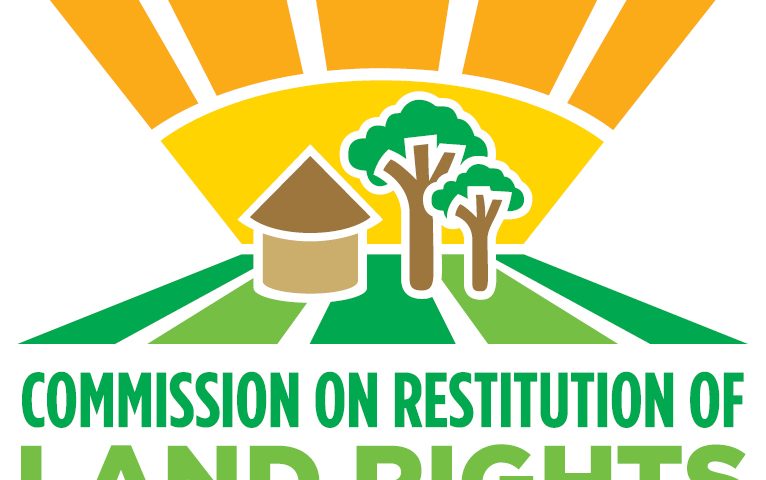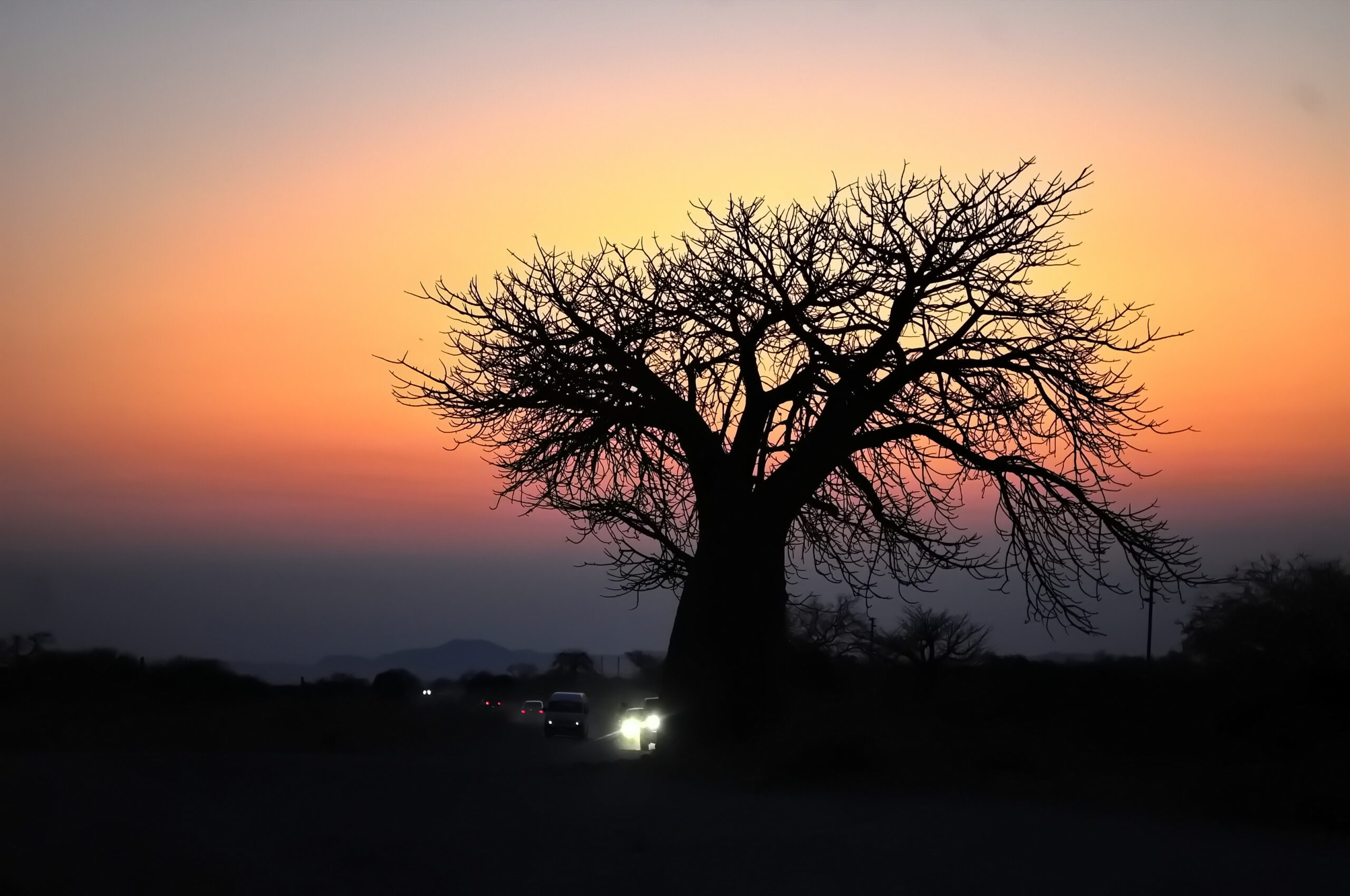Human Rights Month brings cheer to a community that has waited a lifetime for the return of their ancestral land. Marumo Machete whose father pioneered the land claims process reports
My great uncle Rrakgolo Leauwelo Kgaugelo Elias Machete, 94, has fond memories of growing up in Ga-Mphoku which forms part of the land that was recently restored to the Machete community in Limpopo.
Despite his advanced age, he tells me that the farm brings him fond memories, and knows and understands the land, its crevices, and offerings like the back of his hand.
“Motlogolo, I grew up there. We roamed those areas unhindered as teenagers at a time when Ga-Machete teemed with animals, both predators and prey,” Rrakgolo reminisced.
He is the only son of Rantshana, alive in South Africa. His other surviving siblings settled in Botswana in Bobonong, Mathathane, Molalatau, Lentswelemoriti and Franscistown.
The Machete Royal Community took another giant leap to restitution when they received the third of 56 farms near Alldays in the far northwestern Limpopo province. Yet this is still a bridge too far for Bathwanapa bagaMachete since many claims remain unresolved 26 years later.
The farm, Icon, a 2538 hectares hunting safari and accommodation abode located 30 minutes from Alldays, along the R521 on the way to the RSA/Botswana Pontdrif border gate was handed over on Wednesday 13, March 2024 to the Ga-Machete Communal Property Association (CPA).
The CPA handles all land restored to the community for the benefit of the beneficiaries who were dispossessed of their land and heritage under Apartheid.
The ga-Machete land is situated in the Vhembe District municipality along the R521, R523, and the R572 ranging from Alldays heading north towards the South Africa-Botswana Pontdrif border gate, and towards the RSA/Zimbabwe border.

Icon is traditionally known as Ga-Mphoku by the Machete elders who like their totem animals – elephants – freely roamed the area and lived off the spoils of the land before being displaced during the 1930s.
Despite his delight, Rakgolo harbours some reservations about developments at Ga-Machete. His issues stem from the fact that Machete unity seems elusive, with those now in the forefront of the CPA sidelining the royal household and those who pioneered the initial stages of the claim. He cautioned against those who sought to enrich themselves at the expense of the vast majority of the Ga-Machete beneficiaries.
Rakgolo decries the fact that outsiders appear to have gained the upper hand and seem to have hijacked the ga-Machete land claim.
He adds that the true Machete descendants must never allow outsiders to selfishly hijack the running of Ga-Machete land and that proper elections must take place and those chosen remain true to the oath to serve with the best interest of Machete beneficiaries at heart. “Le seke la lwa motlogolo. Bo rakgolo ba lena ba be ba sena ditshele. Ba ithatela khutso le setjhaba sa bona.”
He however extended his gratitude for the fact that his father’s land is now gradually being returned to its rightful owners and that the journey to return to the ruins has begun in earnest.
Presiding over the official handover ceremony at Ga-Mphoku, Miyelani Nkatingi, director of operations at the Limpopo Regional Land Claims Commission urged the Ga-Machete community to avoid squabbling amongst each other and focus on making the farm productive for the benefit of the beneficiary community.
“It would be a sad thing if, on our return here, we find dilapidation and access gates missing. Take good care of this investment and ensure that the farm contributes to the stimulation of the local economy and benefits the Ga-Machete community,” Nkatingi advised.
He further added that the community’s appointed representative must ensure that the farm with all its 11 guest rooms and facilities are kept in working condition to continue catering for the tenants currently renting there from the nearby Venetia diamond mine, and also generate income for the community.
“The big task at hand is to keep the farms productive and participate meaningfully in growing the community and the economy of the country,” Limpopo Land Rights Commission spokesperson Avhashoni Magada added.

The Machete land claim, one of the largest in the country is designated number KRP694 and validated in 2005, with a Government Gazette published on 7 July 2006. The Ga-Machete land claim was spearheaded by my father, Lahlang Petrus Phonyoga Matebele Ntebele Machete, the son of the last Machete sovereign, Moribula Pharudi Machete who died aged 72 in 1978.
Phonyoga Ntebele followed his father to the afterlife to join the Machete ancestors in Leokwe in March 2018, aged 68, with only two of the originally claimed farms restored to ga-Machete. Ntebele, my father, always told people that he was chosen by the elders to ensure that the land of his ancestors benefits all the Ga-Machete descendants and that no one selfishly fills his pockets and disadvantages others. He steadfastly sought to unite the ga-Machete community and marshaled everyone to lend a helping hand to ensure just restitution for the benefit of Kgoshi Motimedi Rantshana Machete’s descendants and all his subjects.
In total, the Machete Royal Family lodged a claim on about 145 farms that were partitioned from their 19 regions. The initial file was claimed to have been lost by the Limpopo Regional Land Claims Commission and when it reappeared, only 56 farms were registered as claimed. The 56 farms underwent rigorous inspections by land claims officials and Machete community elders and were duly validated and gazetted according to law. There have been over three land claims commissioners appointed in Limpopo ever since the Machete claim was validated and the community and its royals still wait.
The Ga-Machete area had, following the great scramble for native lands and dispossession, assumed new names under the white settlers who came to call the great north with its majestic animals their home, at the expense of the disenfranchised natives. Most of this land demarcated into farms have new names that include Evangelina, Bridgewater, Ratho, Donkin, Breslau, Weipe, Littlemuck, Dirleton, Machete, Samaria, Denstaadt and many others falling under the community’s validated land claim. South Africa’s native communities were deprived of their land rights not only as a result of the Native Lands Act of 1913 but also bore the brunt of systemic legislation that spans various epochs of unfair government laws as early as the Crown Lands Disposal Ordinance of 1917 and the Land Settlement Acts and the Crown Lands Disposal Act of 1922.

Following multi-party elections that paved the way for an inclusive government in South Africa, a legal basis was enabled providing for restitution and land reform. The South African Constitution of 1993 (interim) and its successor of 1996 gave a platform for dispossessed communities to lay claim to the land they were unfairly robbed of since 19 June 1913, and the Machete community duly exercised their rights. Only two farms, Denstaat (bordering Mapungubwe World Heritage Site) and Dirleton (part of what used to be a wider ga-Maloto have been handed over to the ga-Machete Land Claim delegation. The two farms are now joined by Icon, completing a trio and counting.
These vast areas of land home to elephants, baobab, and mopani trees had their native names before being taken over by white farmers and game breeders following the enactment of discriminatory laws that dispossessed many natives of their ancestral land. These lands were then partitioned and renamed for the convenience of those who were favoured at those times.
The area that the Machete community, led by representatives of their royal family, claimed had their indigenous names and rich history. Leokwe Hill (now Little Muck) had the royal headquarters where Kgoshi Motimedi Rantshana Machete reigned. There were 19 regions (meboto) under Kgoshi Rantshana Machete with headmen as administrators before our people were dispossessed and scattered between Northern Transvaal, Botswana and Zimbabwe.
But today is a day for great elephants trumpeting growls as the Ga-Machete community ululates and celebrates as they return to the land of their ancestors. For today we rejoice and tomorrow we shall fight to see another day and soldier on to reclaim all of my grandfather’s land, our dignity, cultural heritage, human rights, and livelihood.
We have come a long way, and have buried many of our elders ever since the long road to land rights restoration. Many have since passed away while pursuing the restitution of the land of our ancestors, but today we find solace in the fact that there is movement on my great-grandfather and grandfather’s land, albeit painfully slow.
We thank the Commission. For us, it was the third of many steps towards the restitution of our land rights, our dignity, and human rights. Our ancestors are pleased but still yearn for the vast tracks of our dispossessed land outstanding and unfinalised 26 years later. – news@mukurukuru.co.za
